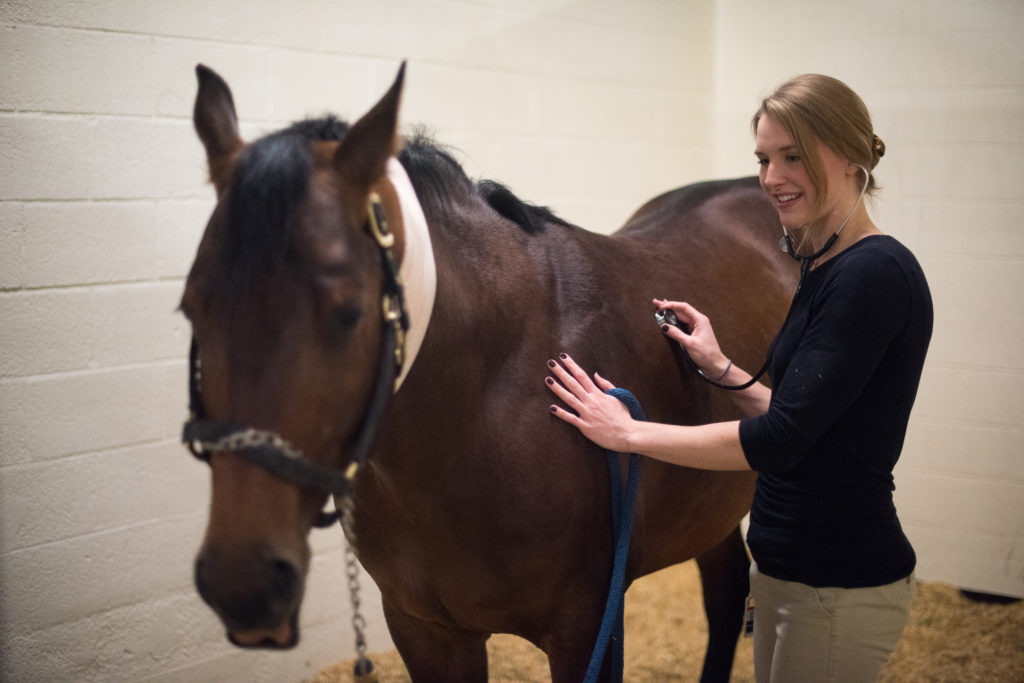
How Firocoxib Could Help Colic Surgery Patients
Researchers found that firocoxib and flunixin meglumine provided similar levels of pain control after colic surgery, but firocoxib resulted in reduced evidence of endotoxemia at 48 hours post-surgery.

Researchers found that firocoxib and flunixin meglumine provided similar levels of pain control after colic surgery, but firocoxib resulted in reduced evidence of endotoxemia at 48 hours post-surgery.

Measuring the biomarker creatine kinase in abdominal fluid can help distinguish horses with ischemic (lacking blood flow) intestine due to a strangulating lesion—and, thus, require surgery—from those without.

Veterinarians and horse owners alike consider colic the most important equine health care problem in need of more answers.

A reader’s first-cutting hay brought in right from the field feels a bit damp. Our nutritionist explains why she should be cautious and how to tell if the forage is safe to feed her horses.

Dr. Regina Turner shares the results of studies on antimicrobial options for metritis, treating blocked oviducts, estrus lengths and pregnancy rates, colic surgery in broodmares, and more.
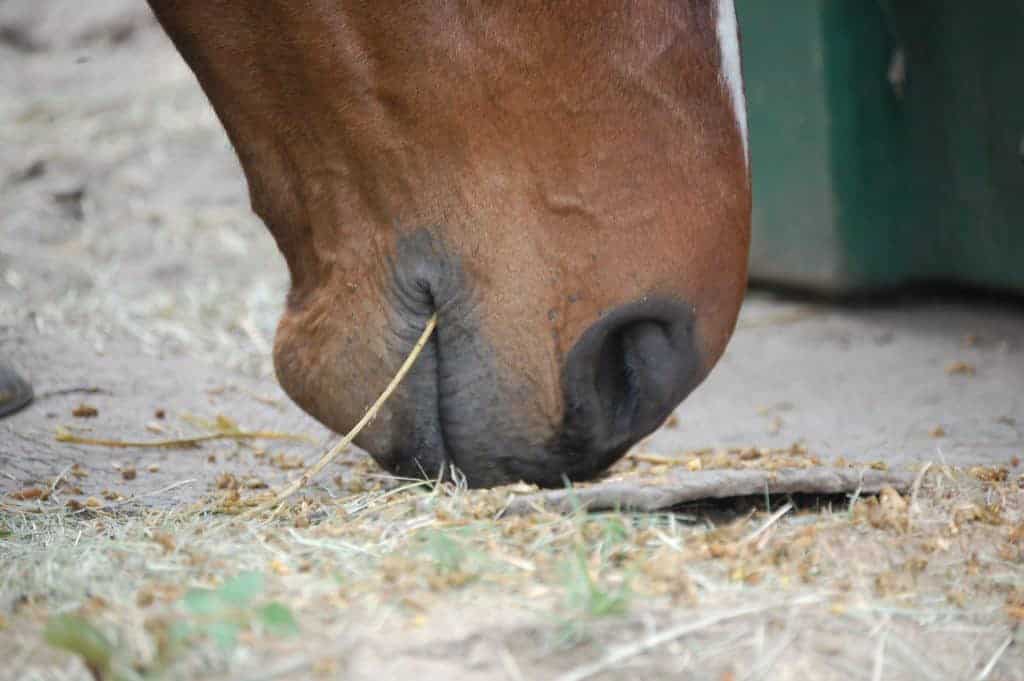
Does your horse fling food all over his stall during meal time? Our nutrition expert shares some tips you can try to keep your horse’s enthusiastic eating behaviors from wasting feed.

Horses need access to fresh and unfrozen water during the winter months. Here’s what to remember.

When it comes to feeding your horses, don’t make the same mistakes you’ve made in the past in the new year.

Listen to audio features on equine metabolic issues, colic, hoof abscesses, parasite control, navicular syndrome, and more.

Learn about colic, EPM, core vaccinations, biosecurity, donkeys, and more in our special features.

Being well-prepared for colic could mean the difference between life and death for your horse. Here’s what you need to know.

Dr. Amy Stieler Stewart is studying the potential therapeutic benefits of stem cells in colic cases.
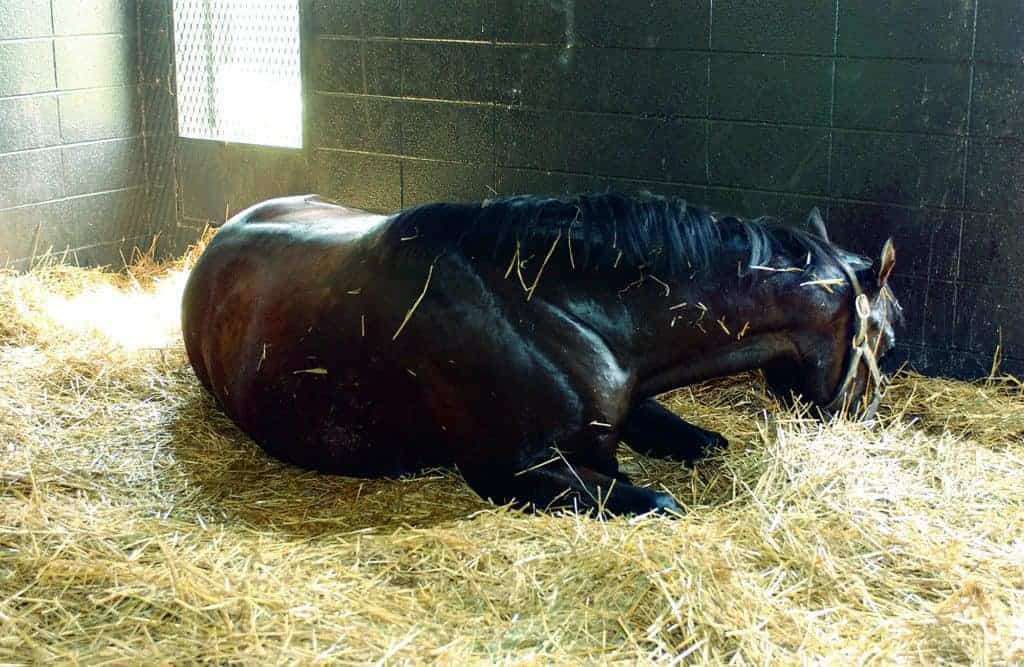
Carolyn Arnold, DVM, Dipl. ACVS, of Texas A&M University offers a better understanding of the gut microbiome’s role in colic and colitis.
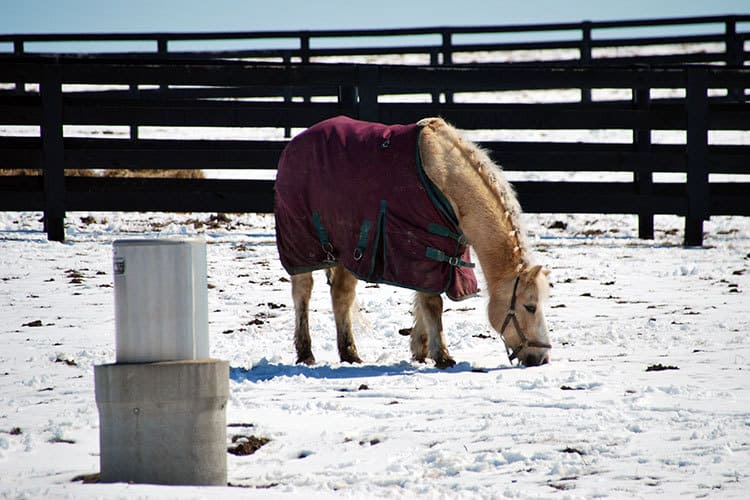
Learn how to avoid and address impaction colic, a common cause of cold-weather emergency farm calls.
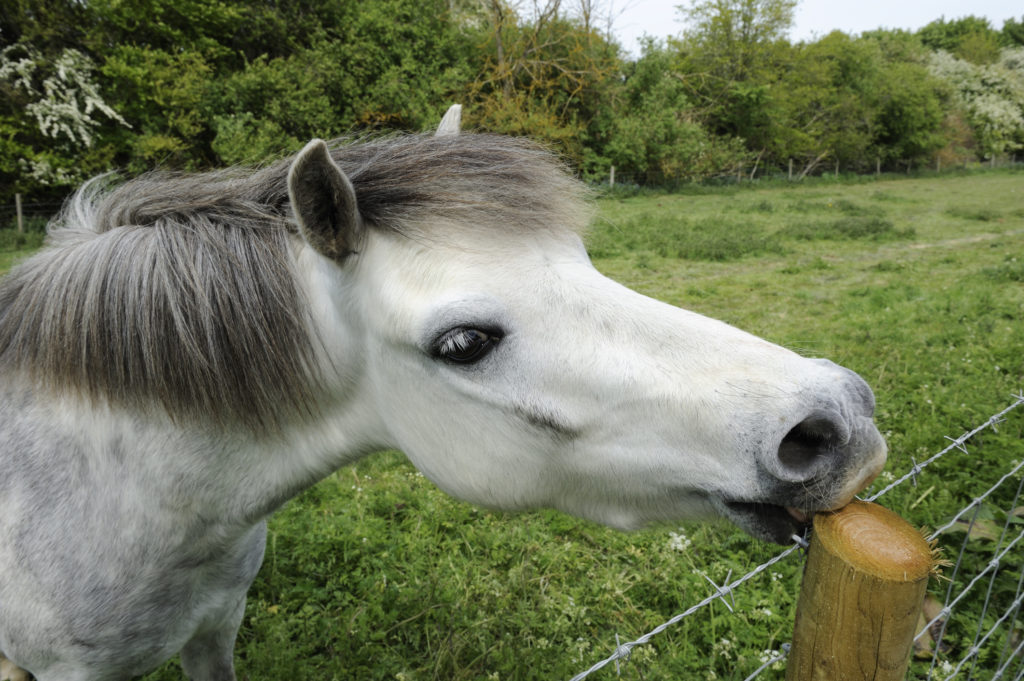
While wire ingestion was once considered a death sentence, researchers recently found that surgery can save some affected horses, especially if the foreign body is identified and treated early.

Veterinary technicians make important contributions before, during, and after colic surgery. Here’s how they help veterinarians and surgeons during these potentially life-saving procedures.
Stay on top of the most recent Horse Health news with
"*" indicates required fields